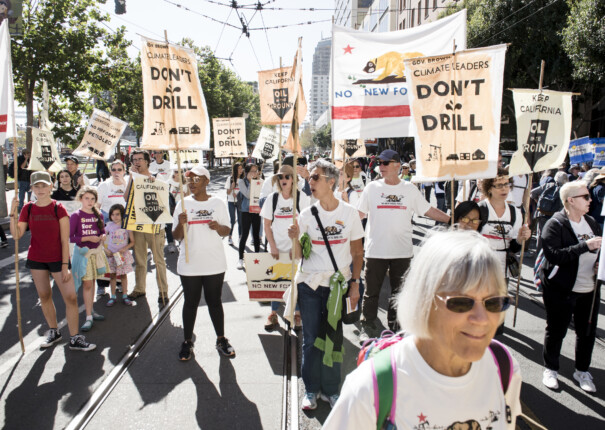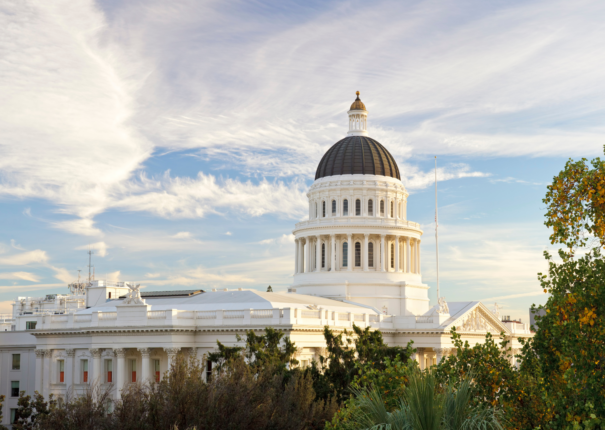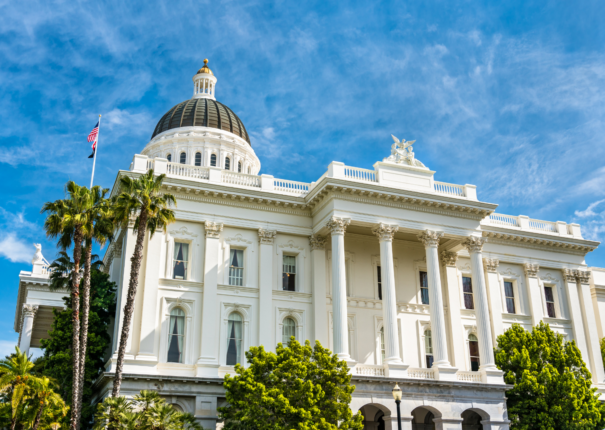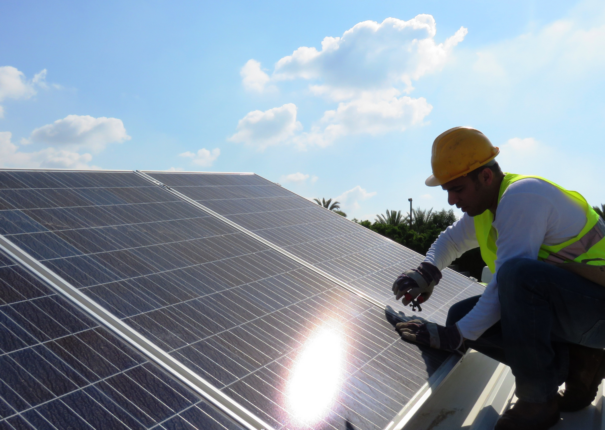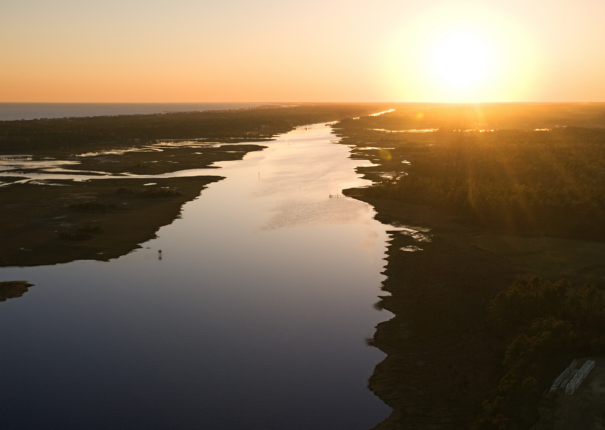Keep tabs on climate and energy legislation in California and urge your representatives to take action for a climate-safe future.
The Climate Center’s Bill Tracker helps you stay on top of the climate bills that are in front of the California legislature — and take action. The tracker includes a curated list of bills addressing energy, climate justice, transportation, adaptation, resilience, sequestration, and other issues related to the climate crisis. To review all bills in … Read more
SB 840, by lead authors Senators Monique Limón and Mike McGuire, addresses the state’s approach to reducing greenhouse gas emissions. This bill sets the groundwork for reforming and extending Cap and Trade, the market-based compliance mechanism that reduces emissions while generating funds to invest in climate solutions. Cap and Trade originally set declining annual aggregate … Read more
AB 1207 aims to extend California’s Cap and Trade program, which is a market-based system that focuses on reducing greenhouse gas emissions and generating funds to invest in climate solutions. Currently, this bill would retain all of the existing program elements but would require the California Air Resources Board (CARB) to consider the “social cost” … Read more
AB 399 will protect and restore blue carbon ecosystems, such as coastal wetlands, in the coastal permitting process. It will authorize the California Coastal Commission to require a contribution to a blue carbon demonstration project with any coastal development permit that will impact coastal wetlands, subtidal, intertidal, or marine habitats. Blue carbon refers to the … Read more
